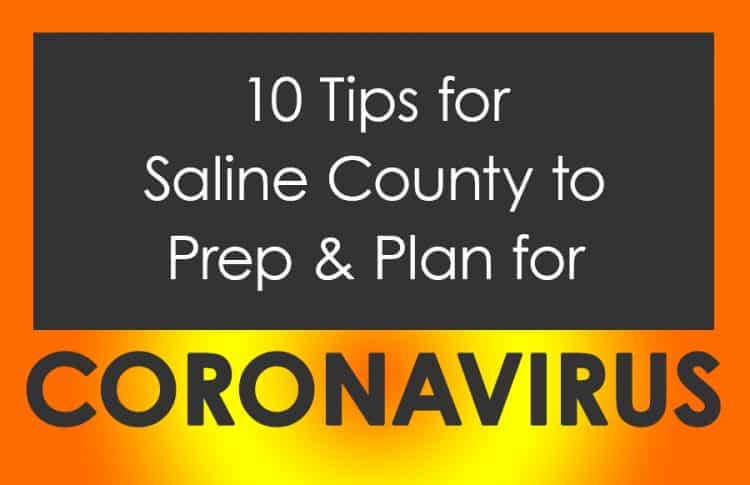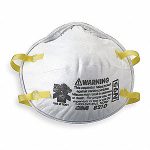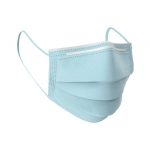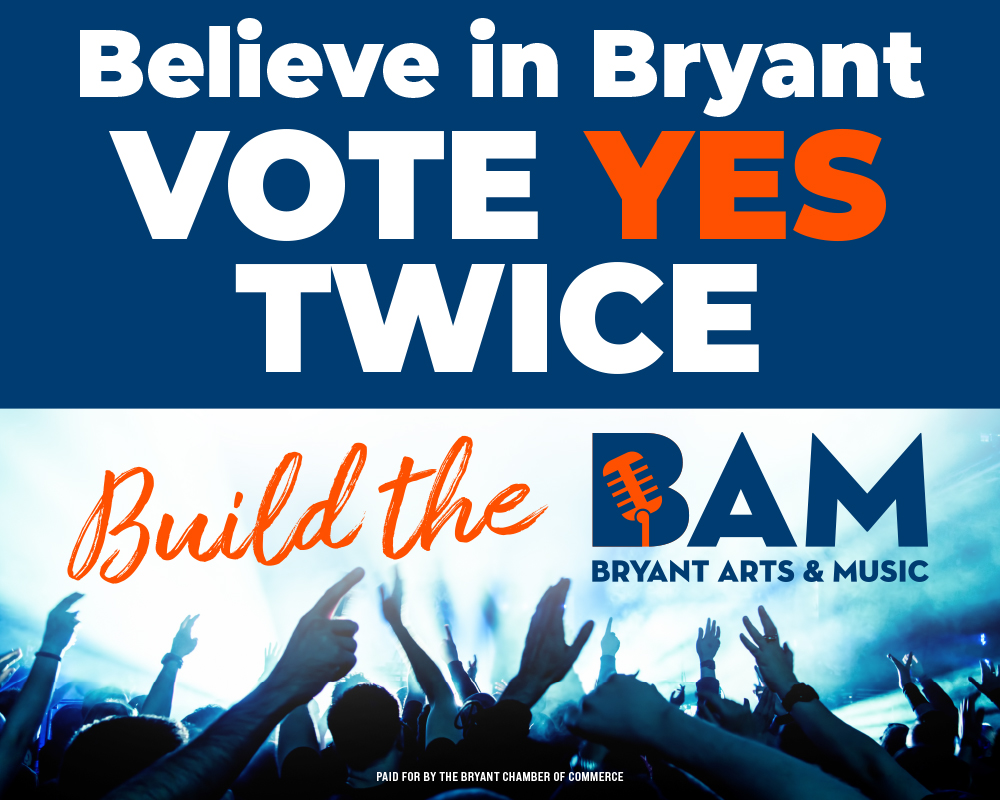
Up to this point, when locals talk casually about coronavirus (COVID-19), it’s usually in a joking manner, because it hasn’t hit most of us personally. While no one would wish for that to change, it’s smart to go ahead and consider… what if?
According to the Arkansas Department of Health (ADH), there are currently no confirmed cases of COVID-19 in Arkansas. However, it’s beneficial to create a plan to help protect yourself, loved ones and the entire community in case the virus spreads in the state.
The ADH has plans and protocols in place to respond to public health threats and is continuing to work diligently to make sure the state is as ready as possible for this disease.
You might hear rumors about cases of COVID-19 in communities, and the ADH takes them seriously and investigates, but if there are confirmed cases of COVID-19 in the state, the ADH will put out the information to all the media sources.
Meanwhile, here are 10 tips to take precautions and be prepared:
- Avoid close contact with sick people
- Avoid touching your eyes, nose and mouth with unclean hands
- Stay home when you are sick
- Cover all coughs and sneezes with a tissue, then throw the tissue in the trash and wash your hands
- Cough and sneeze into your elbow instead of on your hand
- Clean and disinfect frequently touched objects and surfaces with a regular household cleaning spray or wipe.
- Make sure all sick employees or students stay home until they no longer have symptoms. Provide ways to work remotely or have policies in place to allow employees to miss days. Sick family members should stay home from work or school.
- Separate sick employees, students, or family members with respiratory symptoms like excessive coughing and sneezing from others, while encouraging them to cover their mouths while coughing and sneezing.
- Perform routine environmental cleaning.
- Consider refraining from shaking hands.
You might also be wondering if you should wear a mask. The Centers for Disease Control and Prevention (CDC) does not recommend wearing a surgical face mask if you are not sick. N95 face masks, which are different from surgical masks and are respiratory protective devices with a very close facial fit and the ability to filter airborne particles, are not advised for the general public. These masks must be properly fitted to work, and they make breathing difficult when worn for an extended amount of time. Children should not use N95 masks.
Stay up-to-date on travel recommendations on the CDC website: www.cdc.gov/coronavirus/2019-ncov/travelers/index.html.
CDC has more guidance for organizations and how they can prepare: www.cdc.gov/coronavirus/2019-ncov/php/preparing-communities.html.
Find updates and information about COVID-19 on the ADH website at: https://www.healthy.arkansas.gov/programs-services/topics/novel-coronavirus. If you have questions, you can contact the ADH at 1-800-803-7847.






